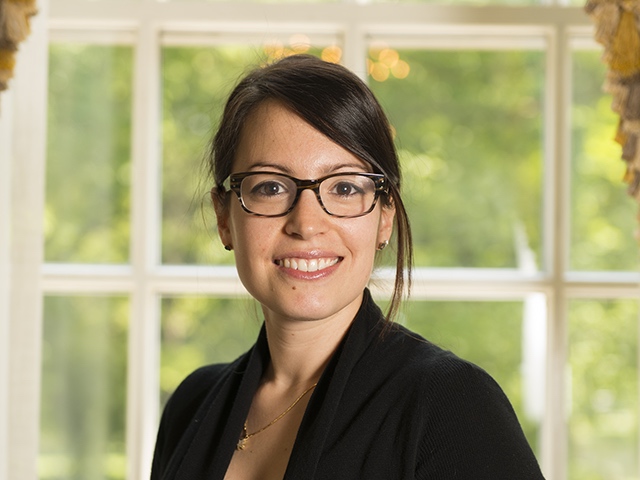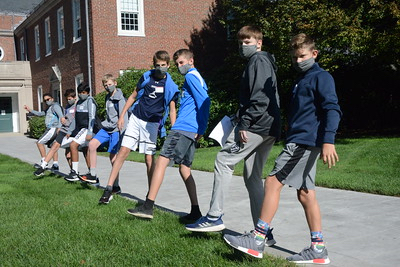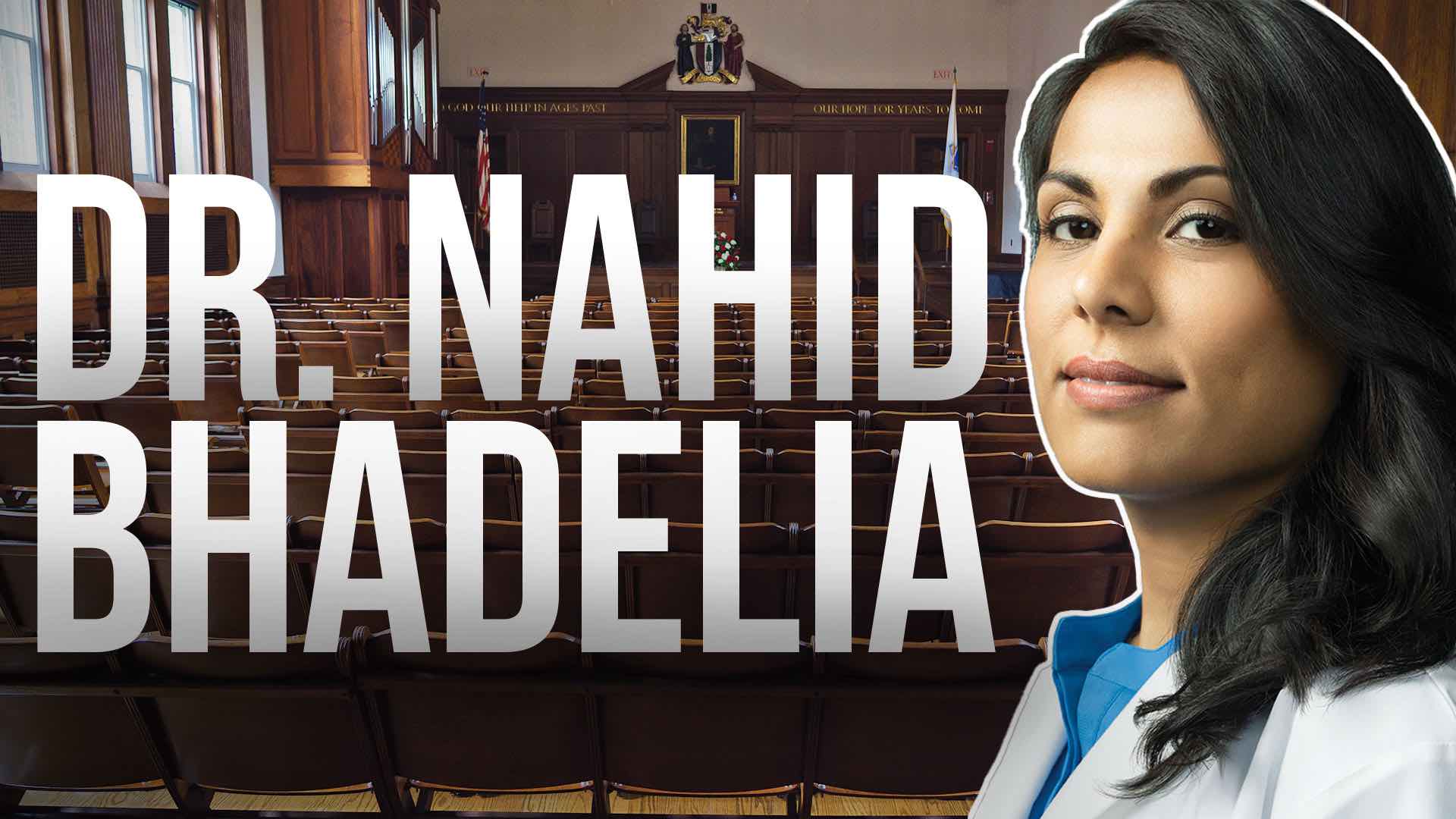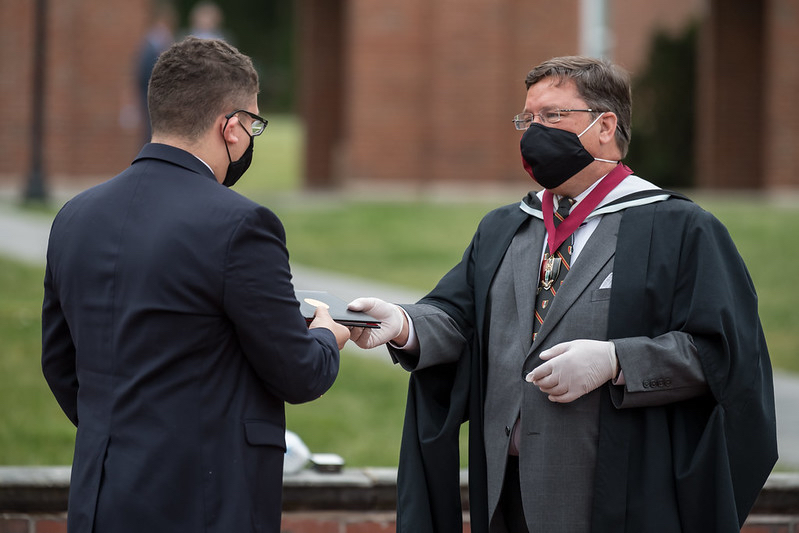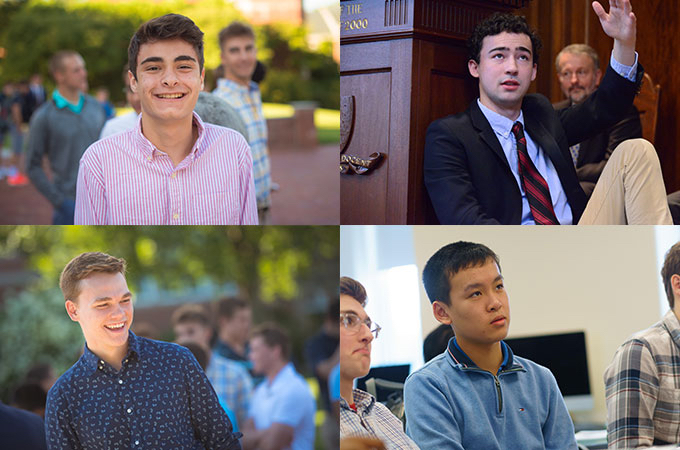Senior Miguel Rincon has been playing soccer since he can remember: his father is a coach, and the sport is big in Colombia, where his family is originally from. Miguel lives in East Boston, home of LoPresti Park—the focus of a short documentary film Miguel produced that won a People’s Choice Award this year at the New England Film Festival. LoPresti Park is the locus for a rich tradition of pick-up soccer competition that spans ages and backgrounds, and which, according to Miguel, has “created a very close sense of togetherness within that community.”
Miguel has been playing soccer at LoPresti in the summers for the last four years or so. (The youngest players are about 15 or 16 years old; most of the players are in their 20s, and a few players are even in their 40s, according to Miguel.) In terms of soccer, Miguel’s favorite part of playing at LoPresti are the smaller-sided games (versus the 11 v. 11 played in the ISL). “I enjoy the small games because you get to touch the ball a lot more,” he says. “You get the ball at your feet quicker. But really, my favorite thing about playing at LoPresti is the passion that everyone there feels. Everyone knows it’s friendly and pick-up, and we’re all doing it for fun, but sometimes it feels like we’re playing in a World Cup final—it gets so intense!”
“I love that so many people just know to come at a certain time, know there are going to be teams already, know the rules. People come from very far away to play there—it feels liberating, being with so many people with the same passion as you. When I step on the field there is no pressure, my problems seem to fade away.”
Miguel’s idea to create a short documentary film about this place and experience that he loves was prompted by his involvement in SuccessLink—a program sponsored by the City of Boston that helps employ Boston’s young people. This summer was Miguel’s second year taking part in the program. Through SuccessLink he landed a videography job with All Aces, Inc., which in partnership with BridgeBuilders Cinematic Arts, paired students with instructors—high profile and accomplished professional directors, actors, producers—who taught these young people how to create their own stories through the medium of videography.
“I’ve been interested in photography, which I worked on in Studio with Mr. Buckley, and he was encouraging us to try new media,” says Miguel. “This project was the perfect opportunity to try videography, which I’d never done before, and I’ve fallen in love with both photography and videography.”
Miguel says it felt important for him to capture the diversity of individuals who play at LoPresti—across ages, home countries, ethnicities, languages—a collection of people, perspectives and stories that he showcases well in the film. “The hardest part of my project was probably translating Arabic,” laughs Miguel. “That was REALLY hard. I also wanted to make sure I interviewed the right people. Having to conduct all of my interviews in basically two days was really stressful.”
Through his mentors at BridgeBuilders, Miguel was encouraged to submit his documentary to the New England Film Festival, where it was selected for screening and is a contender for a People’s Choice Award. His work garnered attention from WBUR’s The ARTery, where Miguel and several of his fellow amateur filmmakers were featured.
“Overall, my goal was to share one aspect of my life that’s really important to me,” he says. “And I think it reflected my community well. I think it reflected who I am as a person. Because not only did it reflect my community and where I grew up, but it also reflected one of my passions, which is soccer. The opportunity to share with the world one of the places that makes me most happy felt unique.”
View Miguel’s short documentary film “LoPresti Soccer” in its entirety.


